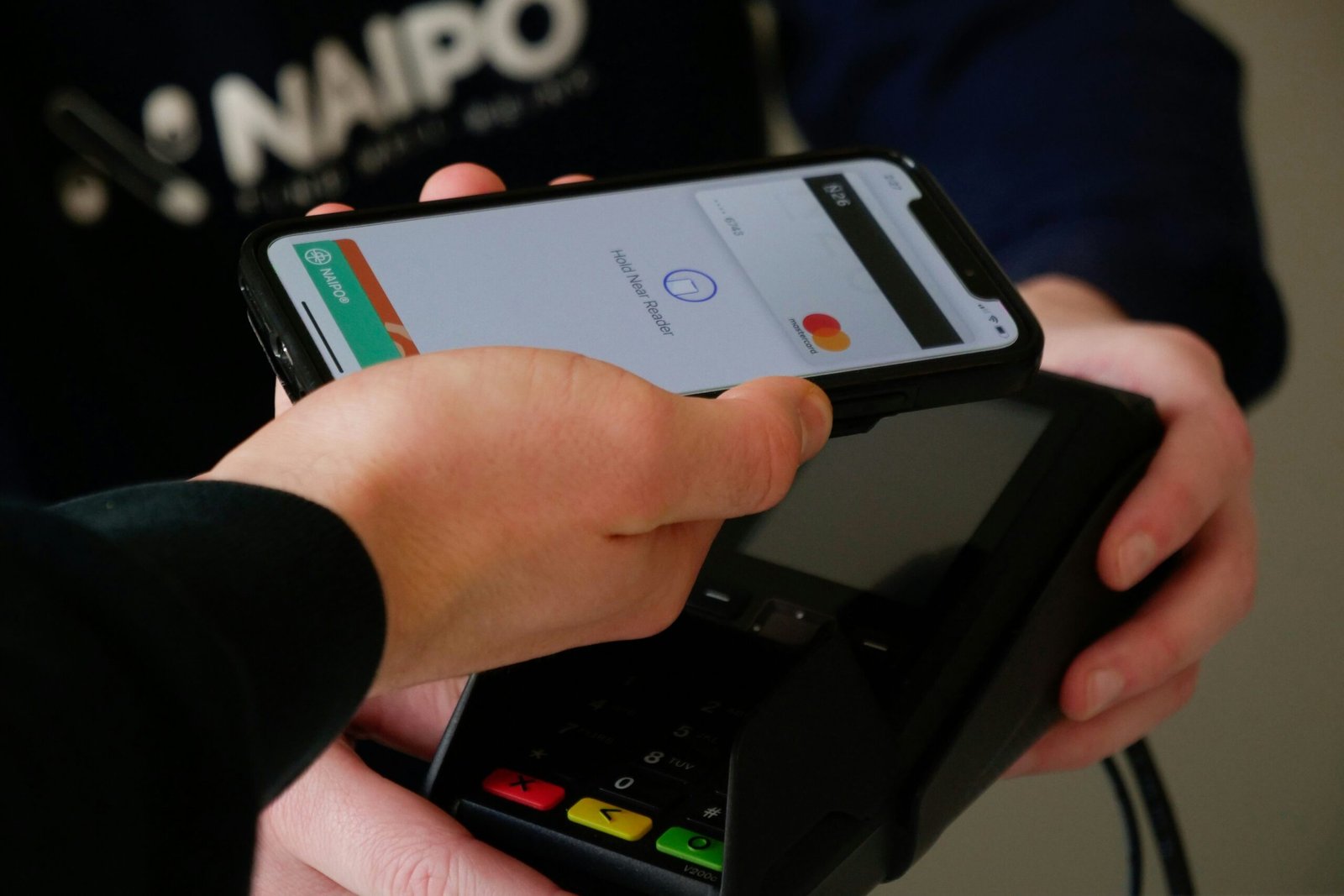Introduction
Global payment systems in Pakistan are transforming the landscape of ecommerce, offering businesses and consumers greater flexibility, security, and speed in digital transactions. As online shopping becomes a core part of daily life, having access to reliable international and local payment gateways is critical for the continued growth of Pakistan’s ecommerce sector.
The Rise of Digital Payments in Pakistan
Over the last five years, Pakistan has witnessed an explosive rise in digital transactions. This shift is driven by:
- Greater smartphone and internet penetration across the country.
- A younger, tech-savvy population more comfortable with online payments.
- Government initiatives promoting financial inclusion and cashless ecosystems.
Moreover, the pandemic accelerated the adoption of ecommerce transactions in Pakistan, making the need for robust global payment systems more urgent than ever.
Leading Global Payment Systems Available in Pakistan
Several international payment gateways now operate in Pakistan, offering merchants diverse options to serve both local and global customers:
- PayPal (indirect access): Although PayPal is not officially launched, merchants often use third-party services to facilitate PayPal transactions.
- Stripe (limited availability): Stripe services are accessible through partnerships and alternative setups for international sales.
- 2Checkout: Popular among Pakistani ecommerce businesses for accepting global card payments.
- Checkout.com: Offers reliable and secure payment processing for international ecommerce operations.
In addition, digital wallets like Payoneer provide an essential bridge for freelancers and online stores dealing with cross-border transactions.
Local Payment Gateways Supporting Global Ecommerce
Several local solutions are helping connect Pakistani ecommerce stores with international buyers:
- Easypaisa and JazzCash: Integrating with online stores to allow domestic and wallet-to-wallet payments.
- Bank Alfalah Payment Gateway: Supporting Visa, Mastercard, and UnionPay cards for ecommerce.
- UBL and HBL Internet Gateways: Providing online merchant accounts compatible with global card networks.
These platforms offer vital tools for ecommerce merchants looking to balance local convenience with international reach.
Challenges in Accessing Global Payment Systems
Despite the growing adoption, ecommerce businesses in Pakistan face several challenges:
- Limited direct access to PayPal and Stripe hampers full global competitiveness.
- Regulatory compliance for foreign remittances adds complexity for smaller merchants.
- Currency conversion fees and cross-border transaction costs can reduce profit margins.
However, new fintech startups and ongoing negotiations between Pakistani authorities and global payment providers indicate that the situation could improve in the coming years.
Future Trends Shaping Payment Systems for Ecommerce
The future of global payment systems in Pakistan looks promising as several trends gain momentum:
- Expansion of digital wallets capable of handling multi-currency transactions.
- Integration of cryptocurrency payment options for tech-forward ecommerce businesses.
- AI-driven fraud prevention systems making transactions safer and more efficient.
- Government incentives to attract major international payment gateways to formally enter the Pakistani market.
As ecommerce transactions in Pakistan continue to rise, payment gateway options will diversify, offering merchants better rates, faster settlements, and more customization.
Global payment systems in Pakistan are no longer a luxury — they are essential infrastructure for any business aiming to thrive in the digital economy. With the right strategies and partnerships, Pakistani ecommerce entrepreneurs can unlock new global opportunities and scale their businesses beyond borders.















